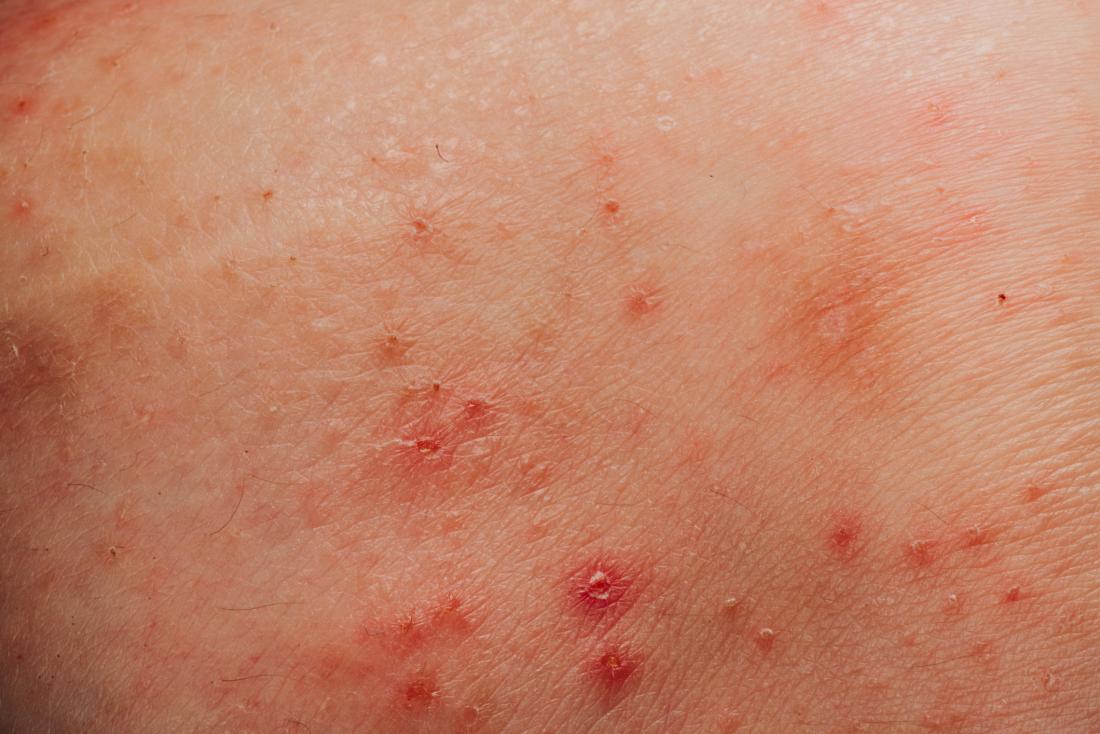
What's in this article?
| Medication | Price/Per pill | Site |
| Acyclovir | US 1.26$ | CLICK HERE |
| Zovirax | US 0.99$ | CLICK HERE |
What is HIV?
HIV stands for human immunodeficiency virus. It weakens a person’s immune system by destroying important cells that fight disease and infection. No effective cure exists for HIV. But with proper medical care, HIV can be controlled. Some groups of people in the United States are more likely to get HIV than others because of many factors, including their sex partners, their risk behaviors, and where they live.
Basic facts about AIDS
- AIDS stands for acquired immune deficiency syndrome.
- AIDS is also referred to as advanced HIV infection or late-stage HIV.
- AIDS is a set of symptoms and illnesses that develop as a result of advanced HIV infection which has destroyed the immune system.
- Treatment for HIV means that more people are staying well, with fewer people developing AIDS.
How do you get HIV/AIDS?
HIV is carried in semen (cum), vaginal fluids, blood, and breast milk. The virus gets in your body through cuts or sores in your skin, and through mucous membranes (like the inside of the vagina, rectum, and opening of the penis). You can get HIV from:
- having vaginal or anal sex
- sharing needles or syringes for shooting drugs, piercings, tattoos, etc.
- getting stuck with a needle that has HIV-infected blood on it
- getting HIV-infected blood, semen (cum), or vaginal fluids into open cuts or sores on your body
In the U.S., HIV is usually spread through having unprotected sex. Using condoms and/or dental dams every time you have sex and not sharing needles can help protect you and your partners from HIV.
HIV can also be passed to babies during pregnancy, birth, or breastfeeding. A pregnant woman with HIV can take medicine to greatly reduce the chance that her baby will get HIV.
HIV isn’t spread through saliva (spit), so you CAN’T get HIV from kissing, sharing food or drinks, or using the same fork or spoon. HIV is also not spread through hugging, holding hands, coughing, or sneezing. And you can’t get HIV from a toilet seat.
A long time ago, some people got HIV from infected blood transfusions. But now, giving or getting blood in medical centers is totally safe. Doctors, hospitals, and blood donation centers don’t use needles more than once, and donated blood is tested for HIV and other infections.
What is Genital Herpes?
Genital herpes is one of the most common sexually transmitted diseases in the U.S. It is caused by the herpes simplex virus (HSV).
Most cases of genital herpes are caused by infection by the herpes simplex virus type 2 (HSV-2).
Herpes simplex virus type 1 (HSV-1) is more often the cause of cold sores or fever blisters. But it can also be a cause of genital herpes.
Most people with genital herpes don’t know they have it. That’s because in most people it produces either no symptoms or very mild ones.
How common is genital herpes?
Genital herpes is common in the United States. In the United States, about one out of every six people aged 14 to 49 years have genital herpes.
Who is affected?
Genital herpes is a common condition, especially in people from 20 to 24 years old.
In 2013, 32,279 people attended a sexual health clinic in England with an attack of genital herpes for the first time.
How do you test for herpes?
If you have sores or blisters that you feel may be herpes, have your medical provider look at them. They may decide to take a sample from them by swabbing the open sore with a cotton swab. If you don’t have symptoms your provider can opt to take a sample of blood to test for herpes, although the results are not always clear-cut.
Difference Between HIV and Genital Herpes?
Having genital herpes can increase the risk of being infected with HIV, the virus that causes AIDS, and it can cause serious problems for people living with HIV (human immunodeficiency virus). People who have genital herpes sores are more likely to be infected with HIV during intercourse.






Leave a Comment